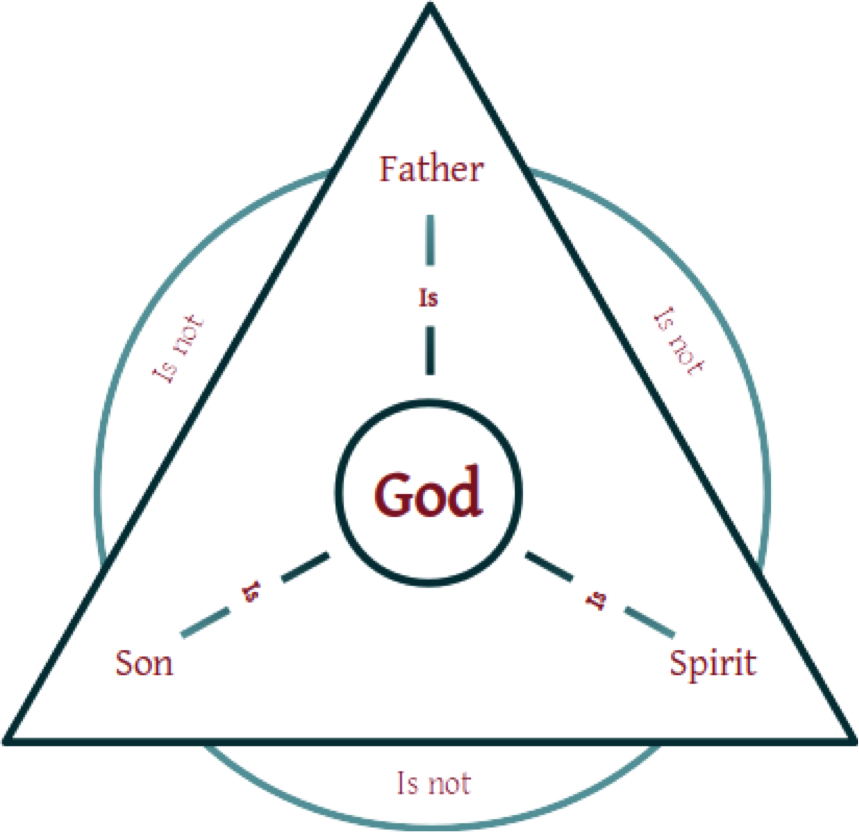Within the context of the Reformation each sola affirms something and denies something else. The final authority of the church is sola Scriptura (by Scripture alone) rather than tradition.[1] Salvation comes sola fide (by faith alone) rather than by a combination of faith and good works,[2] as well as sola gratia (by grace alone) which excludes any and all human effort or cooperation, in solus Christus (Christ alone) as the only mediator of that grace rather than penance, sacraments, the Priests, the heavenly Saints, or Mary, all to and for soli Deo Gloria (Glory to God alone) rather than man.
Read MoreThe world is supposed to end on Saturday. That’s at least according to some crackpot astronomers/Biblical scholars. I do not want to give them the time of day in this space, but you can find fitting responses here and elsewhere. As Advent Christians, we are no strangers to foolhardy Biblical calculations and date-setting. After the excesses of William Miller and the subsequent “Great Disappointment”, Advent Christians know better than anyone else the futility of trying to pin down the time of Christ’s return, of which he himself said, "But concerning that day or that hour, no one knows, not even the angels in heaven, nor the Son, but only the Father.” [Mark 13:32 ESV]
Read MoreIn a recent Advent Christian Voices article, Corey McLaughlin examines conditionalists’ treatment of Revelation 20:7-10 and concludes that our exegesis of that text has been “poor”, and based on “logic stretched thin.” He suggests that our problem is that we are trying to make Revelation 20 say that the lake of fire will come to an end, but that the text insists that it will not. To accurately reflect what is taught in Revelation 20:10, conditionalism will need to be modified to allow for the eternal conscious torment of the devil and his demonic agents.
Read MoreFor the past 150 or so years there has been an ongoing debate as to whether we should collectively affirm the historic doctrine of the Trinity. On one hand, it has been argued that the Trinity is part of the foundation of Christian belief and is, in one sense or another, an essential aspect of salvation by grace, through Faith in Christ alone. On the other hand, others have argued that it is merely a construct of the Roman Catholic church, a late addition to Christian belief, an extra-biblical teaching, or even an anti-biblical teaching. This has, it seems, prevented this denomination from fully joining together in Christian unity. And although in recent weeks these arguments have been brought forth anew as we together consider whether we should adopt the NAE statement of faith as our own, there has yet to be an argument set forth publically for or against the Trinity based on the Biblical evidence. It is, therefore, my intent to show the reader that the Trinity is an essential and biblical doctrine.
Read More



